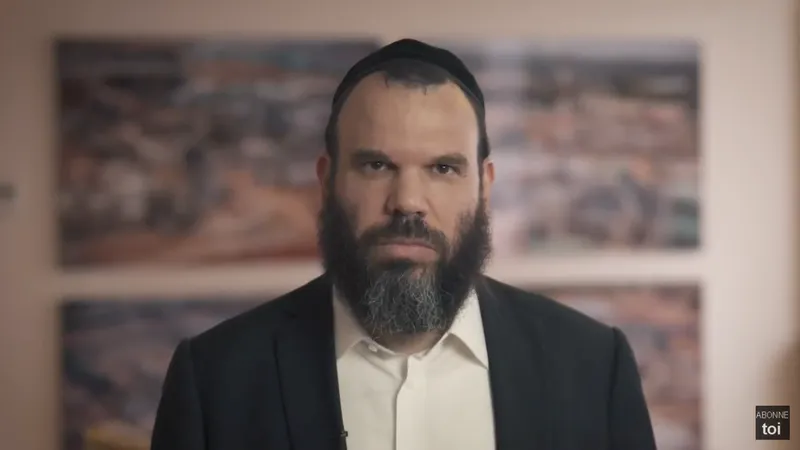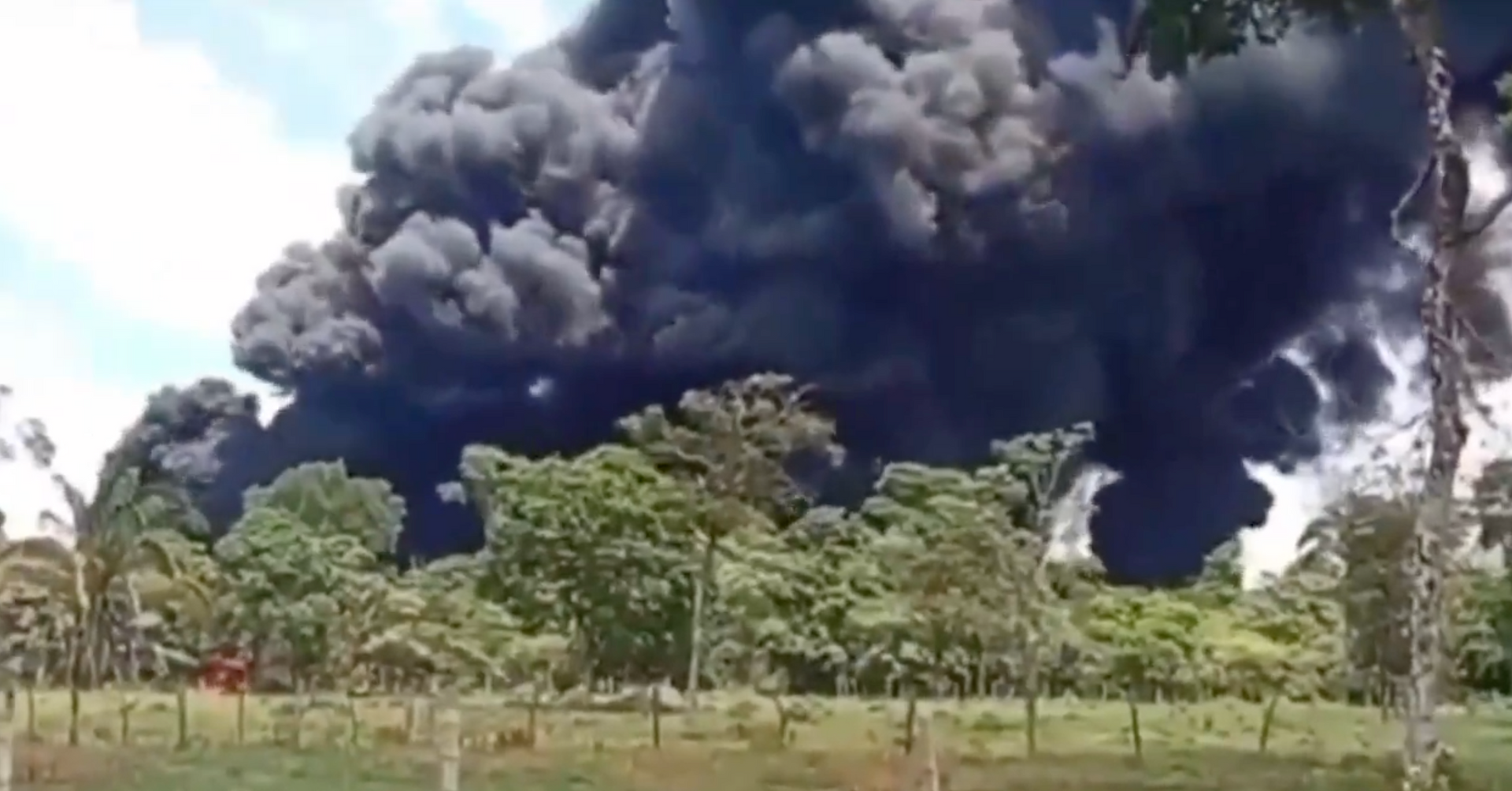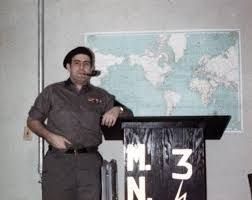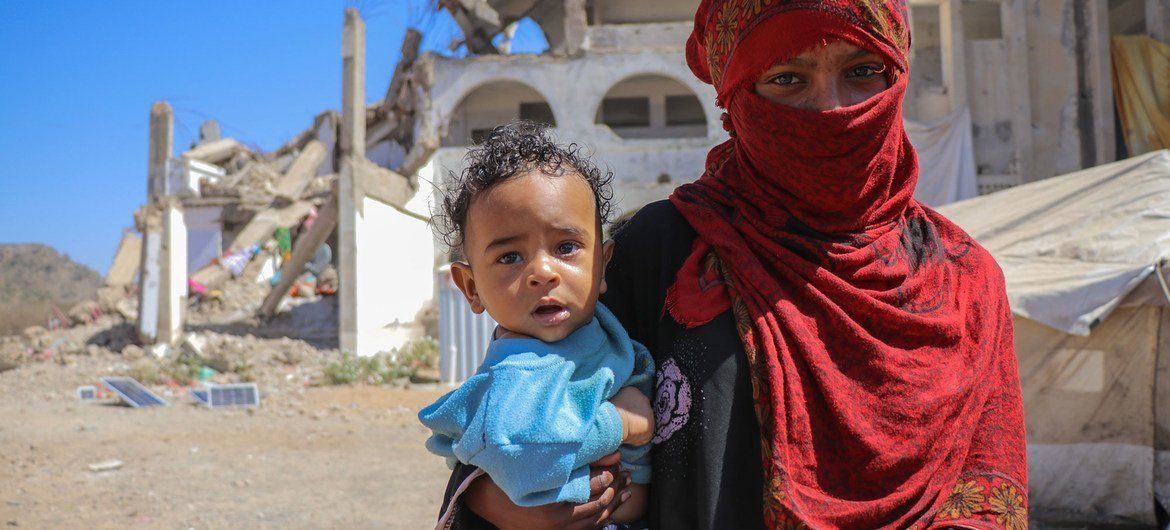Is Tesla’s Supply Chain Linked to Blood Diamonds, Bribery, Child Labor, & Sanctions Evasions?
April 25, 2021
Several Corporations are Looking the Other Way at Vast Human Rights Violations all for the Sake of Profits
Dan Gertler - Vitrine RDC via YouTube
Joseph Kabila also used Gertler as a middleman to extract bribes from international corporations for mining concessions and hide the proceeds offshore, according to the U.S. Treasury. A Bloomberg investigation concluded that Kabila and his siblings owned shares in at least 70 companies that collectively brought them hundreds of millions of dollars in revenue, according to a Bloomberg investigation.” Dan Gertler was allegedly the middleman in one of the highest-profile Foreign Corrupt Practices Act cases that involved the largest Wall Street hedge fund, Och-Ziff. Bloomberg confirmed that Gertler was the unnamed Israeli businessman from the DOJ’s 2016 report who bribed DRC government officials to grab mining rights at bargain-basement rates.
Gertler was officially sanctioned in 2017 via the Magnitsky Act. The U.S. Office of Foreign Assets Control (OFAC) wrote, “Dan Gertler is an international businessman and billionaire who has amassed his fortune through hundreds of millions of dollars worth of opaque and corrupt mining and oil deals in the Democratic Republic of the Congo.” It’s estimated that Gertler’s corrupt actions cost the DRC’s public sector over $1.36 billion of revenue between 2010 and 2012 alone. Bear in mind, such predatory wealth extraction is particularly damaging in a country such as the DRC, which is the third poorest country in the world, where only 42% of the population has access to drinking water.
At first, Glencore observed the sanctions against Gertler and stopped making royalty payments to him. However, Glencore restored those payments in 2018 ($29 million), albeit in the form of Euros, after Gertler took legal action. Did Glencore resume these payments strictly as a result of litigation? Or was the company afraid to cut ties with an influential fixer?
Gertler’s power in the DRC waned in 2019 when the 19-year autocratic reign of Joseph Kabila ended, but not much. The successor, President Tshisekedi, has openly disputed U.S. sanctions against Gertler. A pair of NGOs that are dedicated to this issue, Global Witness and the Platform to Protect Whistleblowers in Africa (PPLAAF), released a report about a sophisticated money-laundering network that reportedly allows Gertler to continue to operate in the DRC and avoid sanctions. That should have prompted a series of anti-corruption investigations, but the two bank workers who exposed this scandal faced threats and needed to find refugee status in Europe. In an astonishing development, those two whistleblowers were sentenced to death in absentia in the DRC.
The corruption in the U.S. leaves much to be desired too. There’s a niche racket for former U.S. government officials who know how to grease the wheels for the foreign individuals wrapped up these sanctions. Dan Gertler acquired the services of the former FBI director, Louis Freeh, who is no stranger to this type of client. For example, Freeh’s firm lobbied on behalf of Beny Steinmetz who was recently convicted in Geneva for bribing the wife of the former President of Guinea to gain exclusive rights to the country’s premier iron mine. Gertler’s team also hired famous civil liberties attorney Alan Dershowitz. He had never registered as a lobbyist before then, but Dershowitz is a strong ally of Trump and Israel’s Prime Minister, Benjamin Netanyahu.
It helps to have friends in high places and Gertler’s investment eventually paid off. Even the Director of Mossad (Israel’s intelligence agency), Yossi Cohen, and Israel's former Ambassador to the U.S., Ron Dermer, stepped in on Gertler’s behalf. On January 15th, five days before the end of the Trump administration, the U.S. Treasury reversed the sanctions against Gertler. However, this success was short-lived and the Biden reversed this decision just seven weeks later.
Tesla’s decision to source its cobalt from Glencore’s mines in the DRC enables this flagrant corruption. And that’s just one of multiple human rights issues with that decision by Tesla. It’s an industry that still parallels the country’s colonial past. Several multinational corporations extract the resources, leave behind terrible environmental damage, and overlook horrible work conditions.
Glencore’s track record in the DRC is shameful. The BBC provided evidence in 2012 that Glencore was dumping acid in the local river by one of its mines. That same report showed children as young as 10 were working in one of the company’s mines. However, it’s not a cut-and-dry situation.
Glencore had stopped operating the mine four years earlier. A local company worked the mines with independent or artisanal miners, some of which included the youths captured on video by the BBC. The materials from those mines were sold to Groupe Bazano, one of Glencore’s partners in the DRC. Glencore denied profiting from child labor despite evidence to the contrary.
Glencore isn’t the only company to turn a blind eye to this issue. UNICEF estimated in 2012 that 40,000 children work in cobalt mines across the DRC and not much has improved. The U.S. Department of Labor reported in 2019 that “the DRC made no advancement in efforts to eliminate the worst forms of child labor.”
As much as 30% of the DRC’s cobalt industry is sourced informally through artisanal mining and child labor is just one of the issues. The work conditions are often unsafe and, in some cases, deadly. For example, a collapsed tunnel killed 43 artisanal miners in July 2019 on the premises of a Glencore mine. Putting aside how the company acquired the rights to the mine, Glencore denied all responsibility and tried to brush off the tragedy as a security issue in which they need to keep “illegal miners” from trespassing on their property.
The human rights group, International Rights Advocates, filed a pending federal class-action lawsuit in December 2019 on behalf of child victims working in cobalt mines in the DRC and it could shatter Glencore’s convenient narrative. The plaintiffs’ lawyer claims that Apple, Alphabet, Dell, Microsoft, and Tesla “knew or reasonably should have known that the cobalt supply chain ventures operated by Glencore…were using forced child labor.”
The plaintiffs allege that Glencore essentially uses intermediaries to purchase the cobalt from the artisanal miners on their sites. “Glencore may never admit it, but they rely on penny-wage artisanal cobalt mining to boost their production at minimal expense,” said Siddharth Kara, a senior researcher on the subject. “When those people are injured or killed, they claim illegal trespass and that their sites are overrun.” Glencore denies the allegations.
The lawsuit alleges that children as young as six were working in these mines and some were victims of human trafficking. One of the plaintiffs, John Doe 1, says that he began working in the mine at age nine and is now paralyzed from the waist down after falling in a tunnel on site. Other plaintiffs claim that their family members died in a tunnel collapse.
What can a company do to ensure its materials are responsibly sourced?
One company, BMW, took a positive step forward last year by committing to purchasing its cobalt from Glencore’s mines in Australia and Morocco due to the terrible work conditions in the DRC. And if more companies do the same, it will pressure the corporations and government to make actual improvements for the workers.
However, the solution is not as simple as every multinational corporation ceasing its operations in the DRC. As exploitive as the industry is, a mass exodus of capital would only further harm this vulnerable population. Such an option isn’t even possible as the DRC supplies roughly two-thirds of the global cobalt supply. Furthermore, several of the other major cobalt suppliers have serious issues too.
There aren’t many legal or ethical options for U.S.-based businesses to purchase cobalt. Cuba, which is sanctioned by the U.S., has the world’s third-largest cobalt reserves. Russia is in second place, but a sanctioned Russian oligarch, Oleg Deripaska, is a significant shareholder of the leading company, Nornickel. Vladamir Potanin, the CEO of Nornickel, is the wealthiest person in Russia. He pioneered the “loans-for-shares” program after the fall of the USSR that pilfered billions of dollars of the country’s wealth by privatizing Russia’s public companies into the hands of a select group of oligarchs. It’s much like what happened in the DRC.
Considering the situation at hand, Elon Musk has pledged in the past to eventually eliminate the use of cobalt in Tesla’s batteries. However, that type of change requires significant technological advances that don’t materialize overnight. What can be done in the meantime?
Companies, such as Tesla and Apple, that enjoy broad support among a progressive consumer base need to ensure that their supplies are ethically sourced. Tesla claims that it takes adequate measures by having the
Responsible Mineral Initiative certify its supplies from Glencore. However, that’s just passing the buck for social responsibility. The responsibility lies with the company itself, not a third-party monitor. These companies have multi-billion-dollar balance sheets and the resources to dramatically reduce suffering tied to their supply chains. It’s time for Tesla, and all other companies receiving cobalt from the DRC, to face the appropriate scrutiny necessary to hold them accountable.










